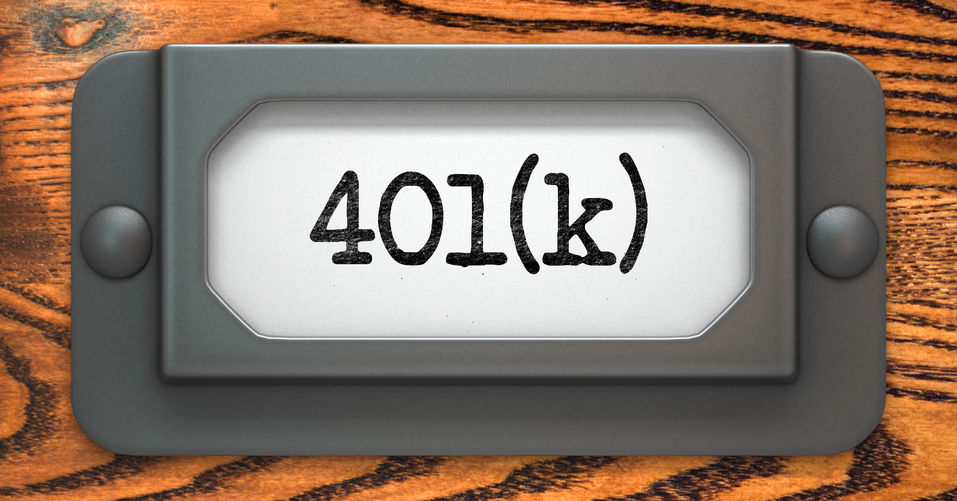Many people only have one retirement account (if any): their employer’s 401(k). These accounts are critical to most people’s retirement savings, but savers have little control over how the accounts are managed. There are only so many ways they can choose to invest their retirement funds. Naturally, some people will want to be more involved in the management of such an important asset.
In contrast, a self-directed 401(k) offers flexibility for how to invest pre-tax retirement contributions. Rather than relying on a pre-determined fund and a manager chosen by the employer, savers can decide for themselves how to manage their retirement fund. Self-directed 401(k)s also allow you to use your own money to invest in a new business or recapitalize an existing business.
Benefits of a self-directed 401(k)
Besides the increased flexibility, self-directed and traditional 401(k)s are quite similar. As with a traditional 401(k), savers are not taxed on their contributions. They can also set up automatic payroll deductions. Both plans are subject to the same rules regarding contribution limits, withdrawals and rollovers.
In addition to being able to choose where you’ll invest, you also have more options. Traditional 401(k)s rely on premade funds. In addition to the pre-determined mutual funds, a self-directed 401(k) can include investments in assets such as:
- Real estate
- Precious metals
- Foreign currency
- Equipment leasing
- Energy investments
Establishing a self-directed 401(k)
To establish your self-directed 401(k), you first need to have earned taxable income in the current financial year. You’ll then need a plan administrator to help you execute your self-directed 401(k).
A plan administrator will design a self-directed 401(k) plan according to your primary objectives. Your plan will be tailored to include all tax benefits for your business. During the process you’ll discuss specific needs and requirements, budgeting restraints, and basic provisions.
Your plan administrator will then submit the plan to the Department of Labor and the Internal Revenue Service for approval. This process is usually complete within three to four weeks.
Once your plan is established, your plan administrator will provide services such as annual administration, additional benefits, allocation of contributions, compliance testing, maintenance of plan records and administration reports. A thorough administrator will also consult with your accountant, attorney or financial advisor as needed.
Financing your business with a self-directed 401(k)
One of the top benefits of a self-directed 401(k) is that you can use it to finance a new business or recapitalize an existing business. Your plan administrator can help you use your savings to buy stock in your new company. Rollover as Business Start-Ups (ROBS), or a self-directed 401(k), is IRS-approved and allows you to use your retirement savings without penalties. You can start your business debt-free and gain business equity from the start to help your business succeed.
Tenet Financial Group specializes in helping small businesses establish self-directed 401(k) plans. Contact our funding consultants today to learn how you can invest in your business with your own qualified retirement funds.
